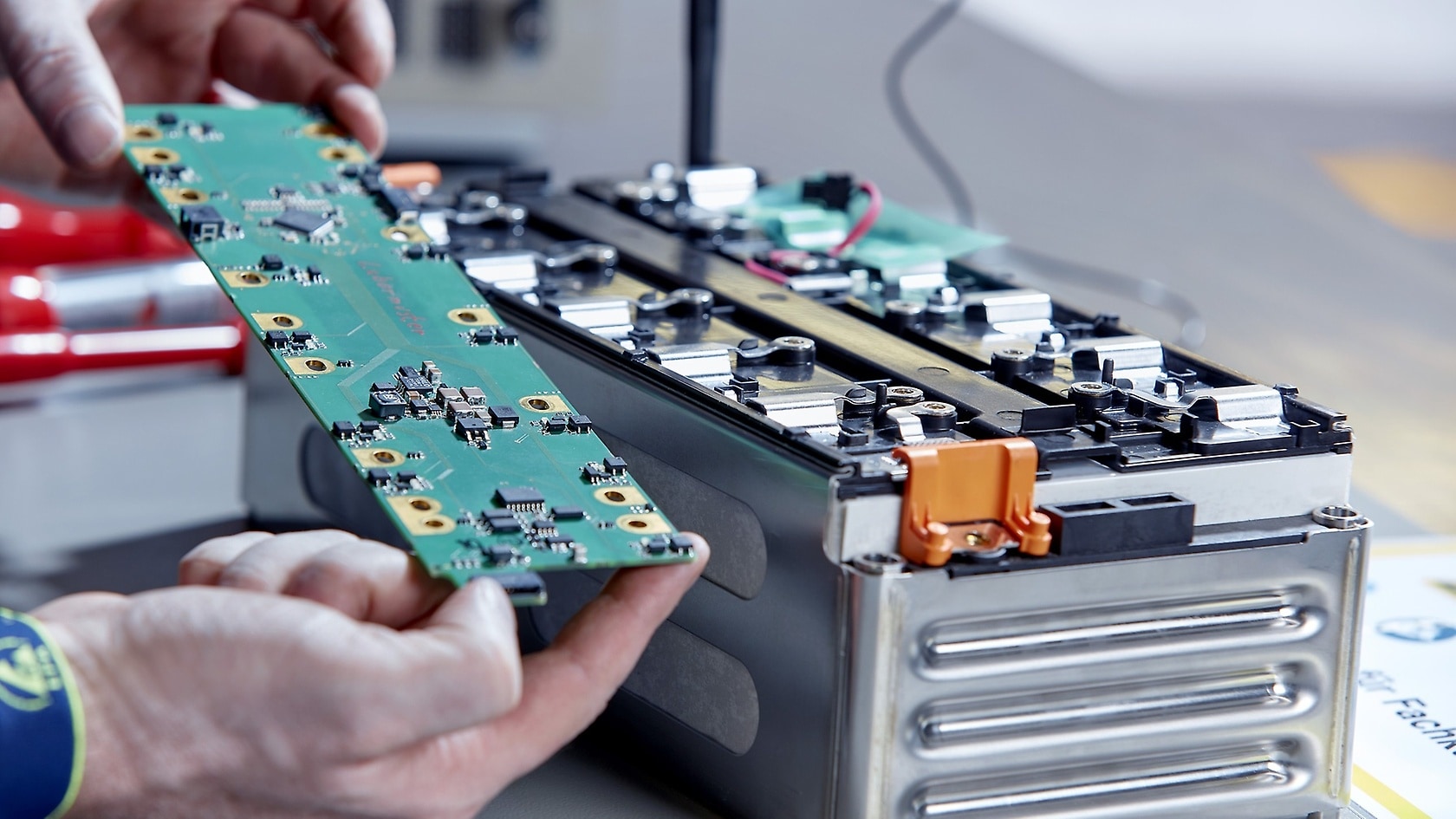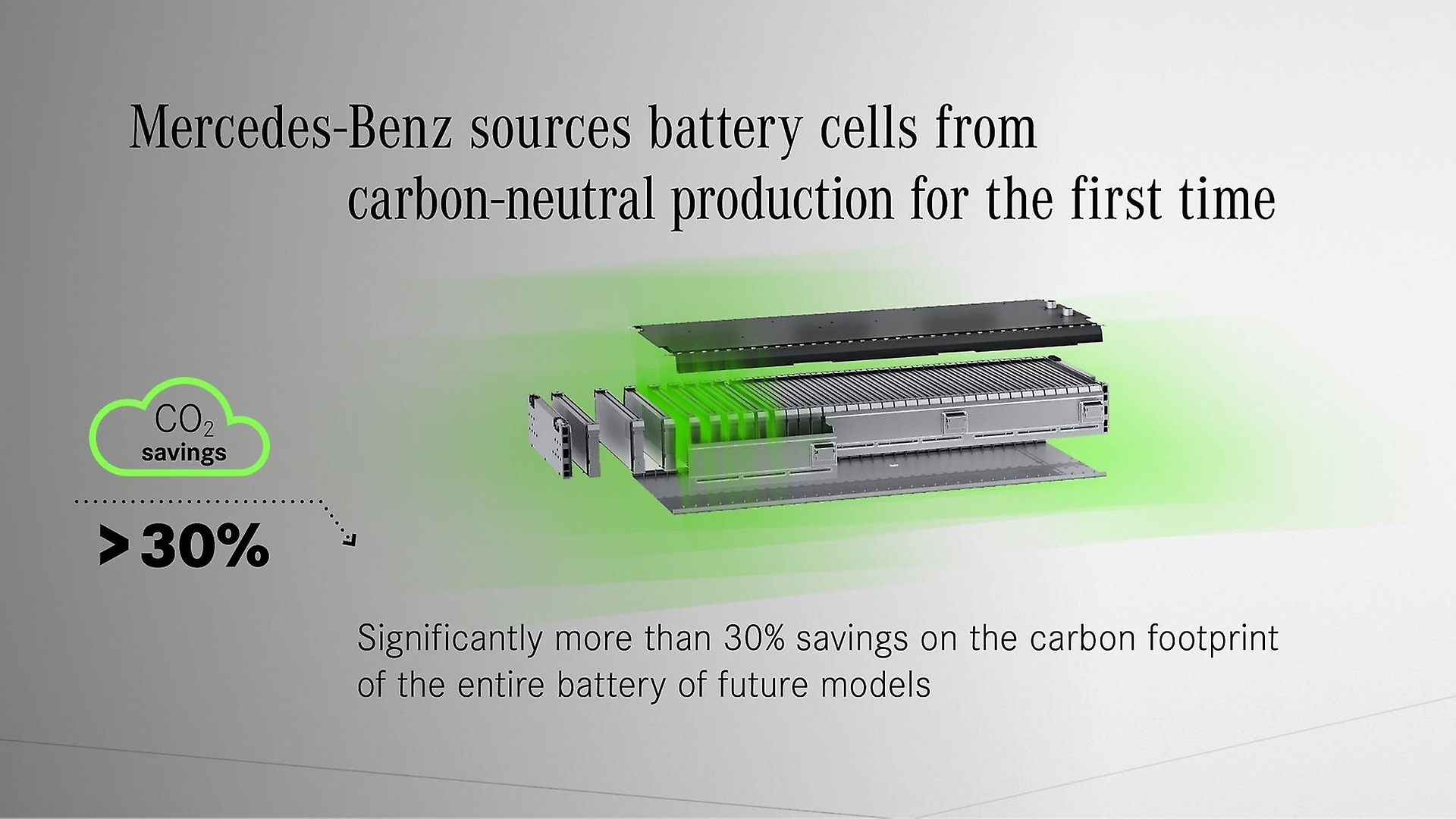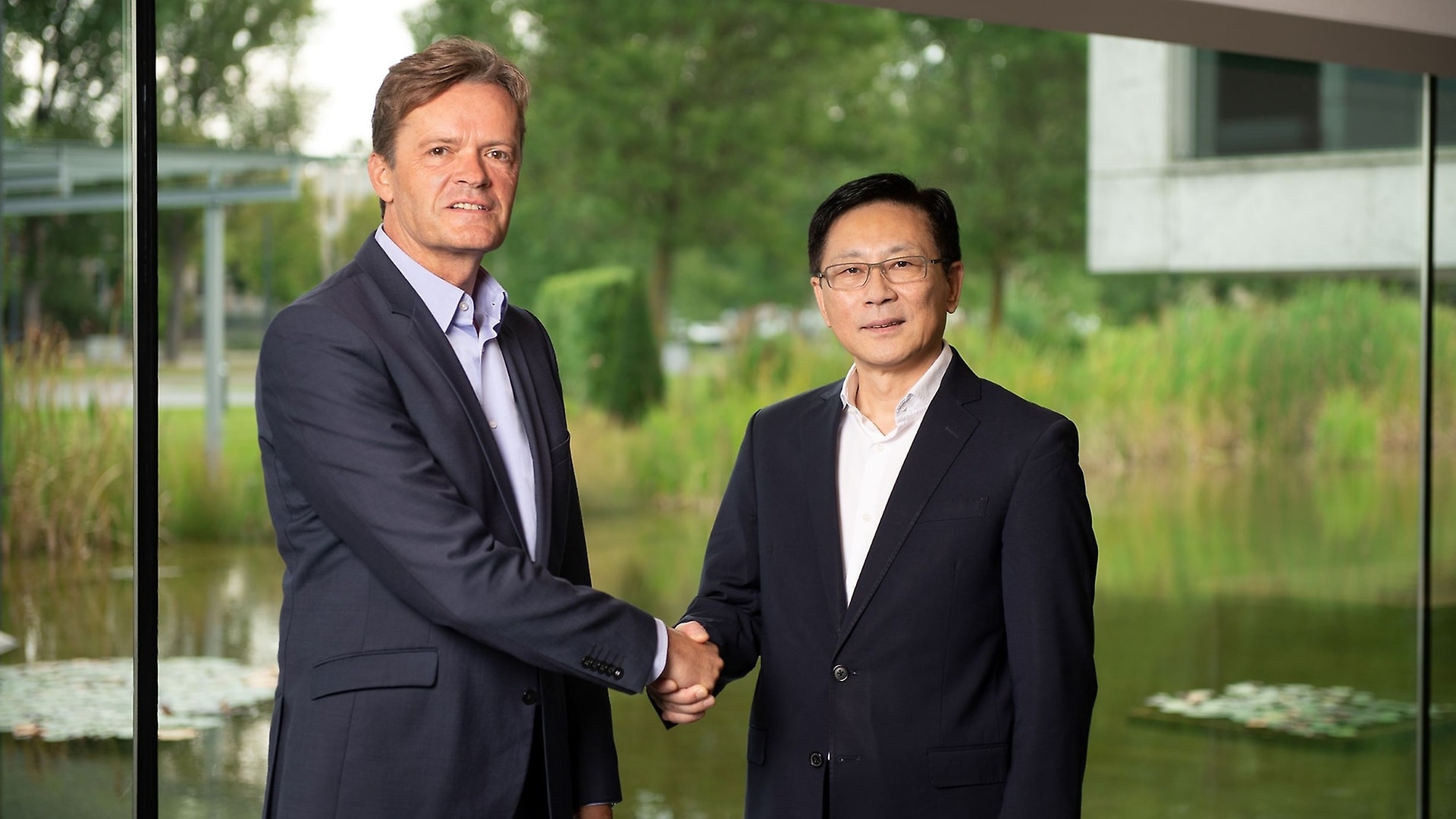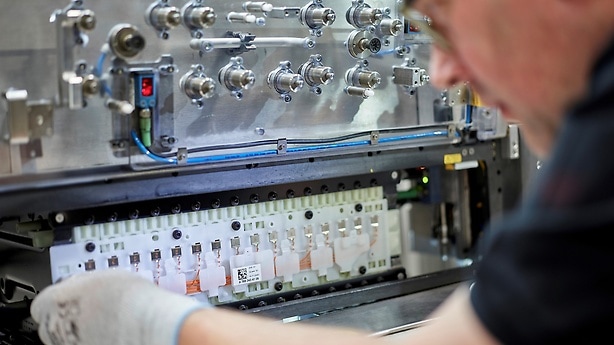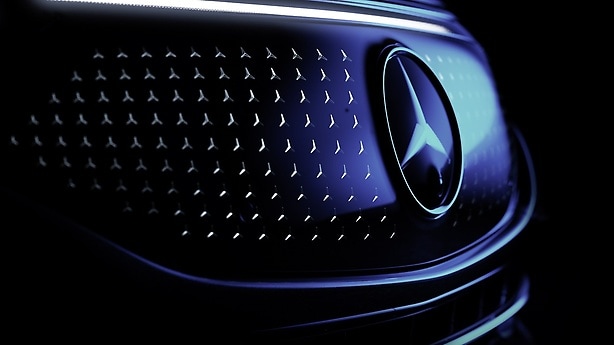September 10, 2019 – Mercedes-Benz is taking the next step towards "Ambition 2039" climate-neutral mobility and pursues the realisation of the goal consistently together with its suppliers and partners. Therefore, Mercedes-Benz has agreed on a sustainability partnership with Farasis Energy (Ganzhou) Co., Ltd. to take a holistic approach along the entire value chain. The supplier network contributes a significant part of the value creation and is thus of vital importance for the decarbonisation goals.
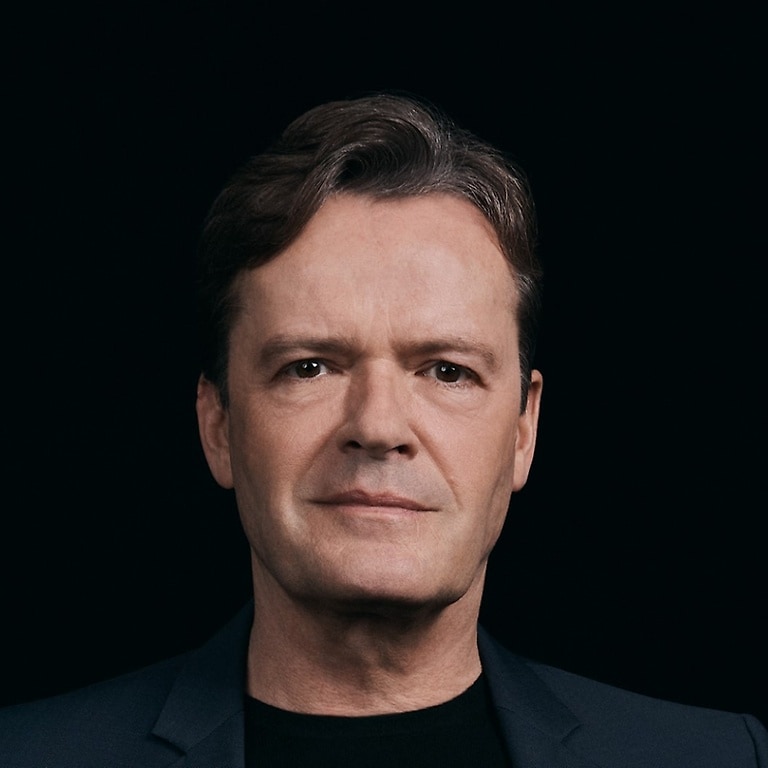
With Ambition 2039, we have set the course for sustainable mobility. In addition to the consistent electrification of our product portfolio, we also look at the supply chain to realise our long-term objective of climate neutrality: part of the battery cells for the next vehicle generation of our EQ product and technology brand are already to be produced using 100 % electricity from renewable energies.
Markus Schäfer
Member of the Daimler AG Board of Management responsible for Corporate Research and Mercedes-Benz Cars Development

By sourcing batteries from carbon-neutral production, we are making another important contribution on the road to a carbon-neutral new passenger car fleet in twenty years.
"Mercedes-Benz actively pursues the goal of climate neutrality in close cooperation with its partners. As first result of the sustainability partnership with an important supplier of lithium-ion batteries, we will save well over 30 % of the carbon footprint of future vehicle models' entire battery by sourcing battery cells from carbon-neutral production," said Schäfer. The partnership with Farasis Energy (Ganzhou) Co., Ltd. comprises the production of battery cells produced with electricity from renewable energies as well as the subject of recycling and the observance of human rights in the supply chain. Farasis uses electricity produced from renewable energy sources such as hydropower, wind and solar energy in the production of the battery cells.
A production site in Germany is currently being planned and will be carbon-neutral from the beginning. The locations in the USA and China are then scheduled to follow. With DEKRA, an expert and testing organization has been assigned to additionally review the measures regarding the environmental standards. In the next step, the upstream materials supply chain all the way to the raw material extraction is to be examined. The realisation of the goal of climate neutrality is expanded to further suppliers and integrated into existing partnerships as a permanent criterion. Mercedes-Benz is currently in dialogue with other strategic partners about this. Furthermore, Mercedes-Benz conducts workshops with other suppliers of materials and components in order to identify effective CO₂ reduction measures. In addition, CO₂ targets are to be made a key criteria in making supplier decisions and contracts.
Recycling
To implement the recycling process chain and safeguard future raw material demand for electric mobility, Mercedes-BenzAG is actively involved in the research and development of new recycling technologies. Insights into the recycling of lithium-ion batteries could be gained in a number of different research projects as well as in collaboration with suppliers and waste-disposal partners. Mercedes-Benz shares the findings with its suppliers. As part of the sustainability partnership with Farasis Energy (Ganzhou) Co., Ltd., the recycling rates are to be increased continuously on this basis. This has involved the development of innovative recycling concepts that allow high-quality recycling of the valuable components or contents. Mercedes-Benz AG has therefore defined four stages and developed corresponding processes: Reuse, Repair, Remanufacture, ReMat. One example in this regard is the product recycling of high-voltage batteries in a central processing centre at the Mannheim plant.
Human rights
Sustainability is one of the basic principles in the corporate strategy of Mercedes-Benz AG, and at the same time a measure of corporate success. This also includes the observance and protection of human rights along the supply chain all the way to the mine. A prerequisite for a supply contract for battery cells with Mercedes-Benz Cars is consent to the disclosure of the entire supply chain. Together with its suppliers, Mercedes-Benz is working intensively on creating transparency along the entire supply chain. To ensure responsible sourcing of cobalt, third-party audit company RCS Global was assigned as part of the aforementioned sustainability partnership to inspect the entire cobalt supply chain and in particular the smelters for observance of the OECD standards.
